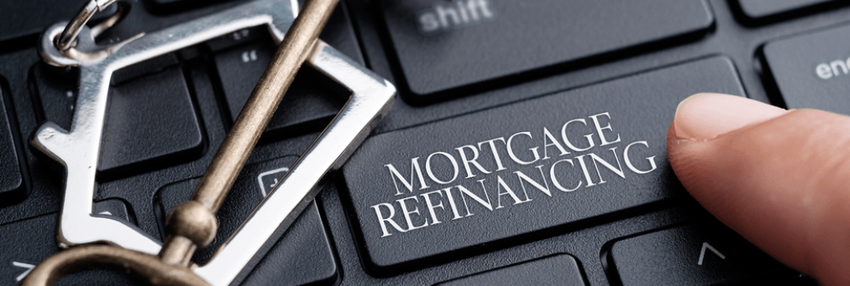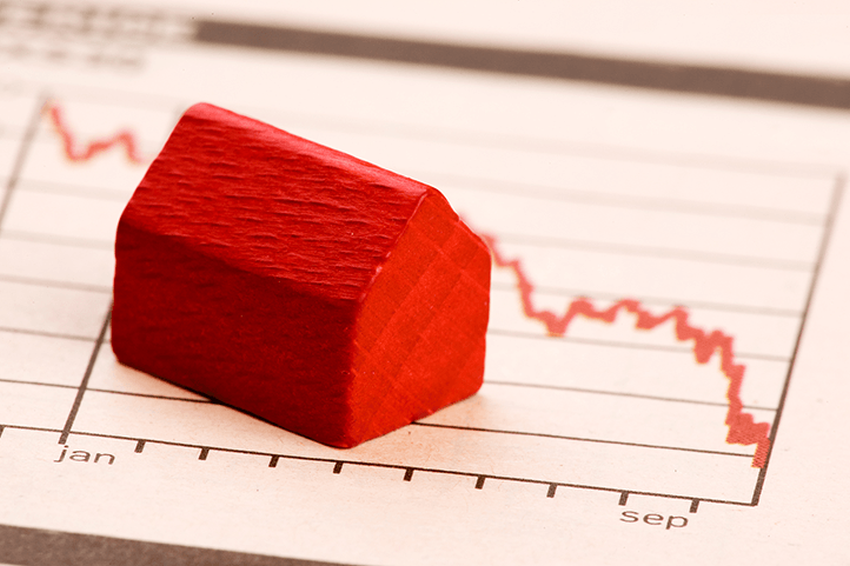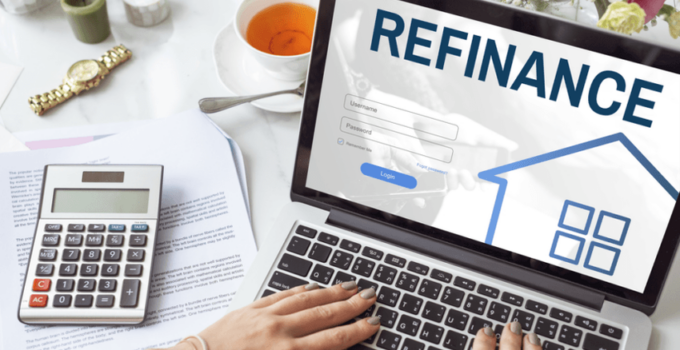Homeowners can refinance mortgages to reduce their payments. While there are quite a few reasons to refinance your mortgage, most people do it to reconsolidate interest rates and get lower monthly payments.
However, refinancing isn’t always the best thing to do. There are times when refinancing your mortgage can cost you money.
If you want to refinance a home, this article will provide the necessary information to determine whether it’s the right option, as well as give you tips to help you make the best decisions.
Page Contents
What is Refinancing?

source:openmortgage.com
When you refinance, it means paying off an existing loan and replacing it with another mortgage. There are any loans you can refinance. To learn more about those refinancing options, click here. In the case of a mortgage, you take another mortgage to pay off the loan on your home.
The money from the next mortgage is used to pay off the first, so the homeowner starts repaying to the new lender.
Typically, when you refinance, your interest rate and monthly repayments reduce, since the new mortgage is based on the balance of the previous loan.
Reasons Why You Should Consider Refinancing

source:compareclosing.com
To get lower interest rates
This is one of the common reasons why property and homeowners refinance their mortgage. Refinancing can save you as much as 5% on interest rates and subsequently reduce your repayment amount.
You can refinance your mortgage when the market rate falls to get a lower rate.
To shorten the length of the mortgage term
Refinancing also allows you to shorten the term of your mortgage. If you have a 30-year loan for instance and don’t want such a long commitment, you can reduce the loan period to 15 years or less.
While this will slightly increase your monthly repayment amount, you will save a lot of interest.
For example, if you have a $150,000 mortgage for 30 years and a 7% interest rate, lowering the loan period to 15 years can reduce your interest rate to about 4%.
To convert to an adjustable or fixed-rate
If your mortgage has an adjustable rate, you can change it to a fixed rate and vice versa. Adjustable rates are not stable. They change periodically and may skyrocket as market rates increases.
Fixed rates, on the other hand, are stable. However, it can be a disadvantage, as you may still be paying high rates even if the market rates fall very low.
Fixed-rate mortgages, however, have the advantage of eliminating concerns over future price increases.
To utilize equity or consolidate debt
Through refinancing, homeowners have the potential to access the equity in their homes. They can use the money to cover expenses or to invest in profitable ventures. Equity, however, doesn’t come without a cost. A borrower is expected to make a monthly payment to repay the equity.
Things to Consider Before Refinancing Your Mortgage

source:sellingwarnerrobins.com
What do you intend to gain with the refinancing?
It would help if you determined your goal for refinancing your mortgage. Is it to reduce interest and payments, pay off the loan sooner, acquire equity, or change interest structure?
Once you know your goals, you’ll be in a better position to get favorable loan terms.
Additionally, you should consider your credit score and the value of your house. If your credit score has gotten worse since you bought your home, then you may be faced with high rates.
Also, if the market value of your home has dropped, you may get a lower mortgage amount.
Would you need to buy private mortgage insurance?
Homeowners seeking to access their home’s equity through refinancing may have to buy private mortgage insurance (PMI).
You will also need a PMI if the market value of your home is low. This is usually required when the mortgage amount to the value of the house is 80% or higher.
Find out the terms of the new loan
It is essential to choose a lender whose terms suit you. You need to consider the interest rate and type. Is it a fixed rate or adjusted rate? What are the terms on repayments? What is the loan length?
What are the costs and fees?
As stated before, most homeowners refinance their mortgage to get lower interest rates. It’s crucial to find out the overall interest rates.
You should also determine other fees like upfront payments, lawyer fees, document fees, and others. Since you intend to spend less, it is essential to choose a lender with lower rates.
When Is the Best Time to Refinance Your Mortgage?

source:compareclosing.com
The ideal time to refinance is when you are comfortable financially and economically. Refinancing may seem like a good idea most of the time but might end up costing you.
It’s essential to look around and evaluate your situation before jumping into it. Here are some things you should consider.
When your credit score and home’s market valuation is high
As stated above if you have a low credit score, there is a likelihood you may get high-interest rates. Hence it is best to refinance when your credit history is in good shape.
Similarly, you would get more money if your house value is higher when refinancing.
When market rates are low
You need to consider today’s market rate before refinancing. If you have a fixed-rate mortgage, would you end up with a better rate than you have?
Most homeowners refinance only to find out they are paying more in interest and fees.
The Costs of Mortgage Refinancing

source:openmortgage.com
Refinancing doesn’t come for free. There are several processes involved that cost money, and these costs fall on you. You will either pay them via a high-interest rate or additional fees.
Some of the typical costs include:
Appraisal, Escrow, Title Policy, Loan Points, Origination, Underwriting, Processing, Wire, Application, Administration, Credit Report, Notary, and Tax Service Fees.
In Conclusion, mortgage refinancing is quite tricky. There are several variables to consider, which may leave you confused. It’s advisable to speak with a mortgage advisor to help you access your situation and decide whether refinancing would be a good move.





